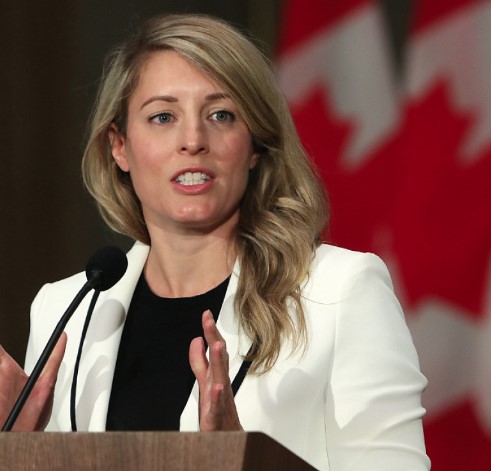Tensions between Canada and India have risen sharply in recent weeks after serious accusations were made by the Canadian government. These accusations suggest that India may have played a role in the killing of a Canadian citizen. Significant diplomatic measures, such as the expulsion of diplomats from both nations, have resulted from this circumstance.
Background of the Dispute
The diplomatic conflict began when the Canadian Prime Minister publicly accused India of being involved in the death of a Canadian citizen named Hardeep Singh Nijjar. Nijjar was known as a prominent figure within certain communities in Canada and was designated as a terrorist by the Indian government. The Canadian authorities, particularly the Royal Canadian Mounted Police (RCMP), have been investigating his killing. Following this investigation, the Canadian government claimed to have gathered clear evidence linking Indian government agents to this incident.
In response to these serious allegations, Canada decided to expel six Indian diplomats. The Foreign Minister of Canada explained that this decision was made based on the evidence collected by the RCMP in connection with the Nijjar case. By taking this step, Canada aimed to assert its commitment to ensuring the safety of its citizens. The government emphasized that protecting Canadians is its top priority, which is why they felt it necessary to take such a strong stance against what they perceive as external interference in their domestic affairs.
Statements from Officials
The Foreign Minister made it clear during a press conference that everything is being considered regarding how to address this escalating situation. She indicated that expelling diplomats is one of the most severe actions a country can take according to international diplomatic laws, specifically the Vienna Convention. This convention outlines the roles and responsibilities of diplomatic missions and offers protections to diplomats. However, if a country feels that its sovereignty is being threatened, it can take measures like expulsion.
She noted that Canada would continue to urge India to cooperate with its investigation. The Canadian government intends to engage with its allies, including the Five Eyes intelligence alliance (which includes Canada, the United States, the United Kingdom, Australia, and New Zealand) and G7 partners. By working together with these countries, Canada hopes to put additional pressure on India to support their ongoing investigation.
This situation has not only strained diplomatic ties but has also sparked widespread media coverage and public interest. It is a matter of national security for Canada, and the government’s response reflects the seriousness with which they take such allegations. By making these statements, the Canadian officials aim to assure their citizens that they are taking the necessary steps to address potential threats to their safety.
Canada’s Reactions and Consequences
The Canadian government’s accusations have been categorically denied by India. These charges have been characterized by Indian officials as politically driven and without merit. They argue that such claims are part of a larger narrative that seeks to undermine India’s image on the global stage. The Indian government has expressed disappointment with Canada’s handling of the situation and has called for a fair and impartial investigation.
As a result of this diplomatic fallout, both nations have engaged in a tit-for-tat approach by expelling each other’s diplomats. This escalation indicates that the situation is not only contentious but may also lead to further complications in diplomatic relations. The expulsion of diplomats is a significant step, as it can hinder communication and collaboration between countries.
The international community is closely watching this situation, as it reflects broader themes of national security, diplomatic relations, and the impact of allegations on international partnerships. Countries often face challenges in balancing their internal security needs with the need for diplomacy and international cooperation. This case serves as a reminder of how quickly tensions can escalate and the importance of careful diplomatic engagement.
The dispute between Canada and India stems from serious allegations regarding the killing of a Canadian citizen. Both countries have taken significant actions in response, leading to the expulsion of diplomats. The situation is ongoing, and the implications for diplomatic relations are still unfolding. As both nations navigate these turbulent waters, the focus remains on ensuring the safety of citizens while managing the delicate balance of international diplomacy.


